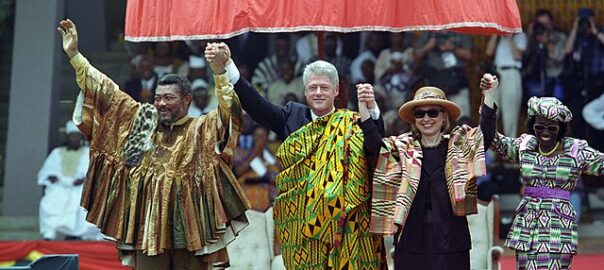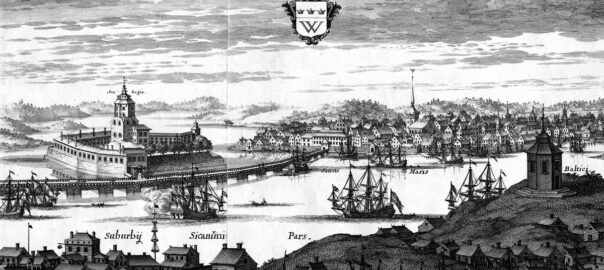Av: Martins Kwazema, FD
On December 31st, 1981, former president of Ghana Jerry Rawlings in a radio address after the historic coup that ousted President Limann from power, outlined the basic tenets of the revolutionary Afrotopian society he envisioned for Ghana. Rawlings’ objective was to unleash a popular revolution that would pursue and accomplish what Felwine Sarr describes as an occurrence of “Afrotopia” in governance in Ghana. In his seminal work titled Afrotopia, Felwine Sarr argues that the future is a site that does not yet exist, but which one can already shape within a mental space. He further asserts that Afrotopos is Africa’s atopos: that is, the as-yet-inhabited site of a particular future occurrence of Africa to come. To realize this atopos in Africa, Sarr argues that investment in thought and imagination is primal. The Greek rendition of the term atopos speaks somewhat of a singularity that is incomparable to anything else “not because” of its authenticity and difference among others, but rather because it is “different from everything that is different from others.” The machination of political and economic engineering during the December 31st Revolution in Ghana represents one of such sparks of this “singular incomparability” in the historical evolution of West Africa’s political economy in the 1980s. In framing Rawlings’ Afrotopia for participatory democracy during the revolution, it is important to note that the initial objectives constituted a national democratic phase which was largely a creation of the PNDC government’s extremist “leftist faction” whose socialist lexicography reflected Chairman Mao Tse-Tung’s conceptualization of ‘New Democracy’. They had also earlier established themselves among Ghana’s progressive movement as proponents of Marxist socialism. They anticipated a path to achieving Rawlings Afrotopia for Participatory Democracy that would predominantly reflect the establishment and sustenance of a “class struggle” which would eventually emerge in a hegemony of the working-class across Ghana’s public and private institutions.



